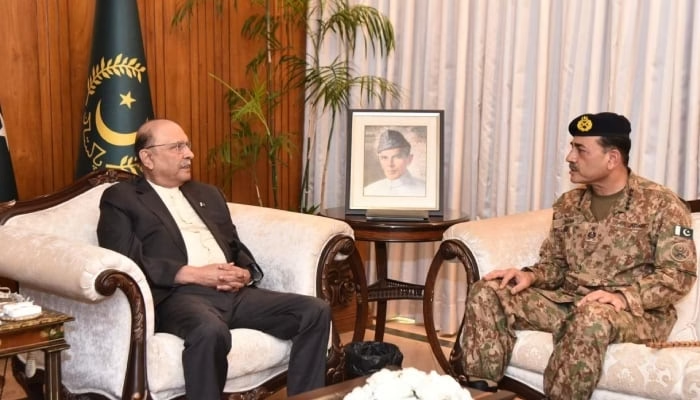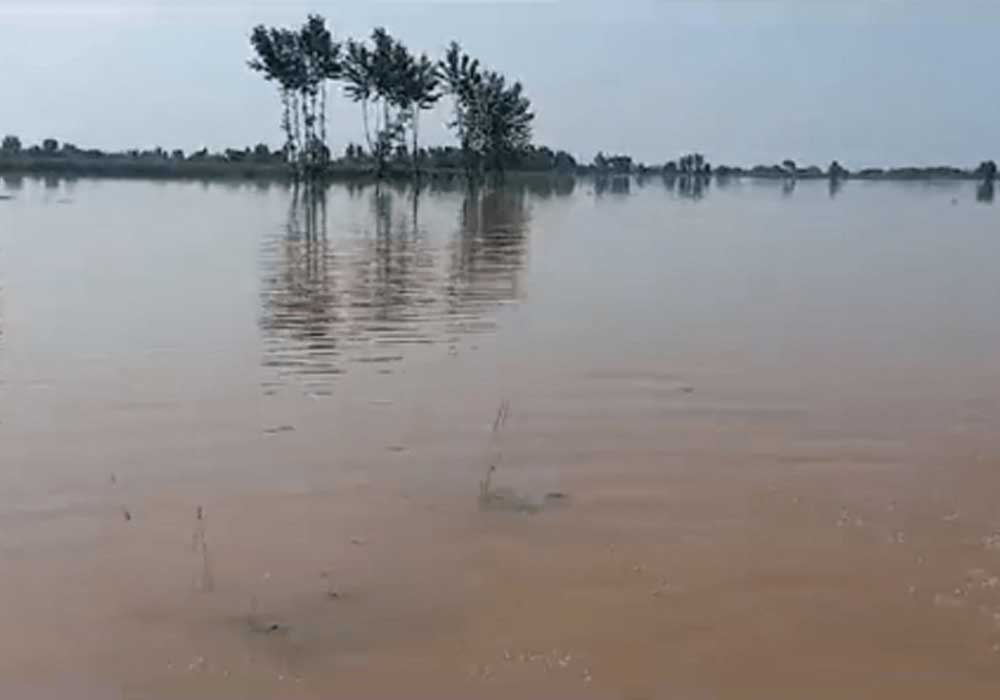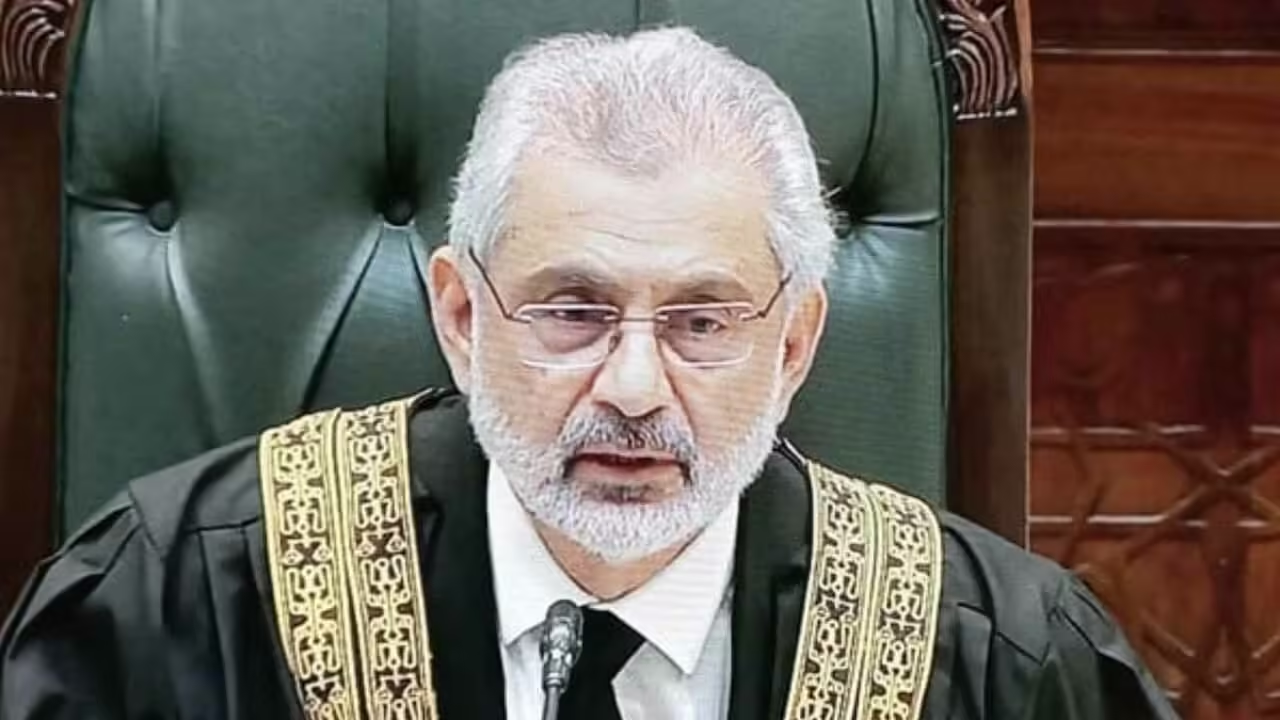In a high-level security meeting, COAS Asim Munir briefed President Asif Ali Zardari on the ongoing Afghan Taliban aggression along the Pakistan-Afghanistan border. The meeting, held at Aiwan-e-Sadr in Islamabad, comes after a week of escalating cross-border attacks that left 23 Pakistani soldiers martyred and over 200 militants killed in retaliatory operations by Pakistan’s Armed Forces. The Afghan Taliban aggression marks one of the most serious escalations between the two neighbors in recent months.
COAS Asim Munir Updates President Zardari on Afghan Taliban Aggression
According to an official statement from the President’s Secretariat, COAS Asim Munir briefed the president on both internal and external security challenges. The field marshal described in detail the “aggressive and provocative actions” carried out by the Afghan Taliban regime, assisted by affiliated militant groups operating near the border regions of Angoor Adda, Bajaur, and Kurram.
President Zardari expressed full confidence in the capability, vigilance, and professionalism of Pakistan’s Armed Forces, commending their “measured and befitting response” to the Afghan Taliban aggression. He assured that Pakistan would continue to defend its sovereignty and territorial integrity at all costs.
Escalating Border Tensions and Pakistan’s Response
The latest Afghan Taliban aggression began last week when Afghan forces and their militant allies launched multiple unprovoked strikes targeting Pakistani border posts. In response, Pakistan carried out precision air and ground operations against terrorist hideouts located inside Afghan territory.
Military sources confirmed that more than 200 Taliban fighters and affiliates were killed, while 23 Pakistani soldiers embraced martyrdom defending the homeland. These retaliatory strikes destroyed several terrorist camps, training facilities, and logistical hubs. The operations also included precision-guided munitions and physical raids directed at Taliban strongholds that had been facilitating cross-border violence.
Renewed Attacks in Balochistan and Continued Afghan Provocations
Despite Pakistan’s defensive operations, Afghan Taliban aggression persisted. On October 15, Afghan militants launched another series of attacks in Spin Boldak, Balochistan. According to the Inter-Services Public Relations (ISPR), Pakistani troops effectively repelled the attacks, killing between 15 and 20 Afghan militants and destroying eight Afghan posts, including six armored tanks.
The ISPR emphasized that Pakistan’s response was measured, proportionate, and defensive, aimed solely at protecting its borders and citizens. Military analysts believe these recurring provocations are designed to test Pakistan’s restraint and challenge its defensive capabilities.
Regional and International Reaction to Afghan Taliban Aggression
The escalating Afghan Taliban aggression has drawn widespread attention from the international community. Regional powers, including Saudi Arabia, Qatar, Iran, and Russia, have issued statements urging both sides to exercise restraint and resolve issues through dialogue. Diplomatic sources report that the Organization of Islamic Cooperation (OIC) has also been briefed about the deteriorating border situation.
Observers note that these hostilities emerged just as Afghanistan’s top diplomat was visiting India, where he made controversial remarks against Pakistan. This timing has raised suspicions in Islamabad about the motives behind the recent surge in border attacks.
Pakistan’s Measured Approach and Call for Stability
In his briefing, COAS Asim Munir reiterated Pakistan’s desire for peace and stability in the region but made it clear that any form of Afghan Taliban aggression will be met with firm and immediate action. He emphasized that Pakistan’s Armed Forces are fully capable of safeguarding national security and maintaining deterrence along the western frontier.
President Zardari, echoing the same sentiment, said: Pakistan has consistently supported peace in Afghanistan, hosting millions of refugees for decades. However, our goodwill must not be mistaken for weakness.
The Foreign Office of Pakistan also released a statement reaffirming the country’s commitment to counterterrorism while calling on the Taliban regime to prevent its soil from being used against neighboring states.
Impact on Regional Security and Economic Stability
The ongoing Afghan Taliban aggression poses broader implications for South Asian security. Analysts warn that unchecked hostilities could destabilize trade routes and humanitarian aid efforts across the Durand Line. According to recent UN data, cross-border tensions in 2025 have disrupted over 35% of regional trade activity, particularly affecting small traders and transport operators in Khyber Pakhtunkhwa and Balochistan.
Moreover, intelligence reports suggest a surge in militant infiltration attempts, with several banned outfits trying to exploit the situation. Pakistan’s counterterrorism units have increased surveillance, particularly across high-risk areas such as North Waziristan and Bajaur.
Pakistan’s Resolve Against Afghan Taliban Aggression
The briefing between COAS Asim Munir and President Asif Ali Zardari underscores Pakistan’s unwavering resolve in the face of Afghan Taliban aggression. As the situation evolves, Islamabad remains committed to defending its borders, maintaining regional stability, and seeking diplomatic avenues to de-escalate tensions.
While Pakistan continues to extend its support for a peaceful Afghanistan, recent provocations have tested its patience and security preparedness. The message from the country’s leadership is clear — Pakistan desires peace but will not hesitate to respond decisively to any act of aggression threatening its sovereignty or the safety of its people.



